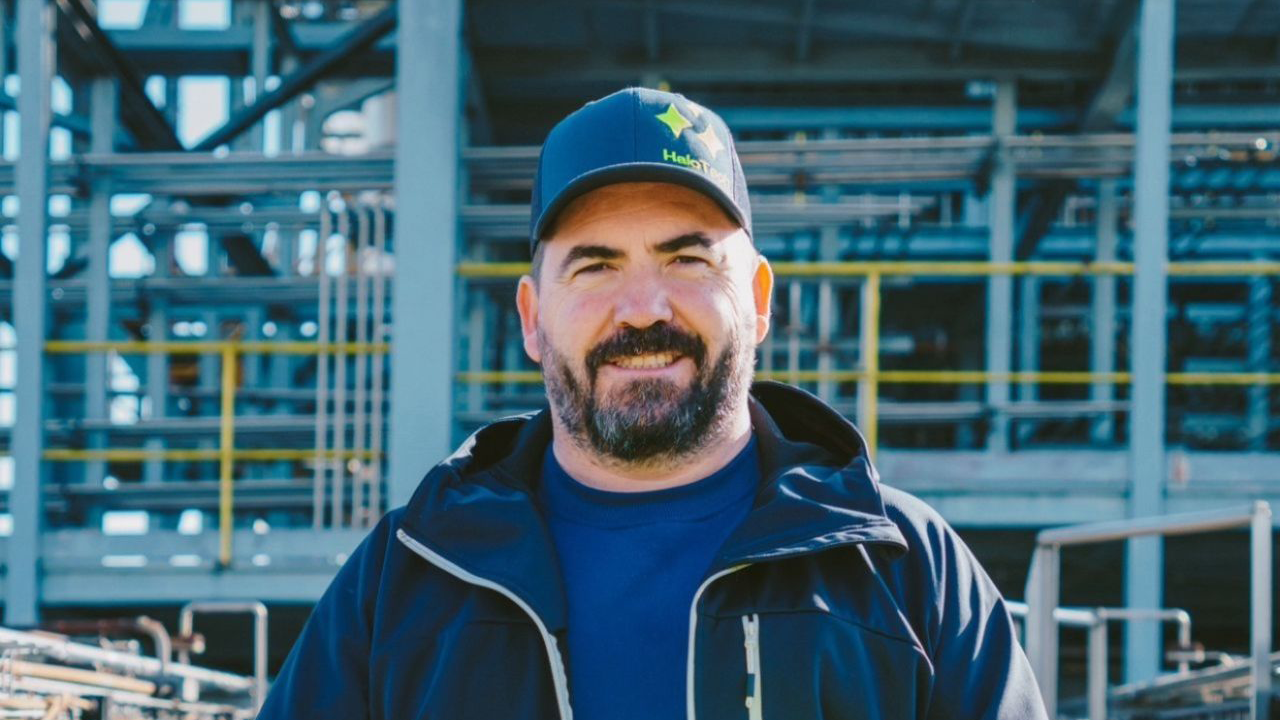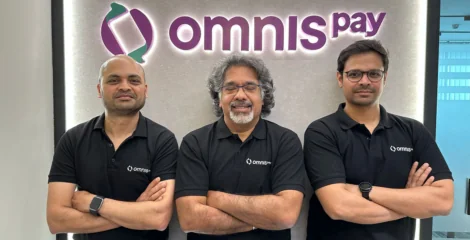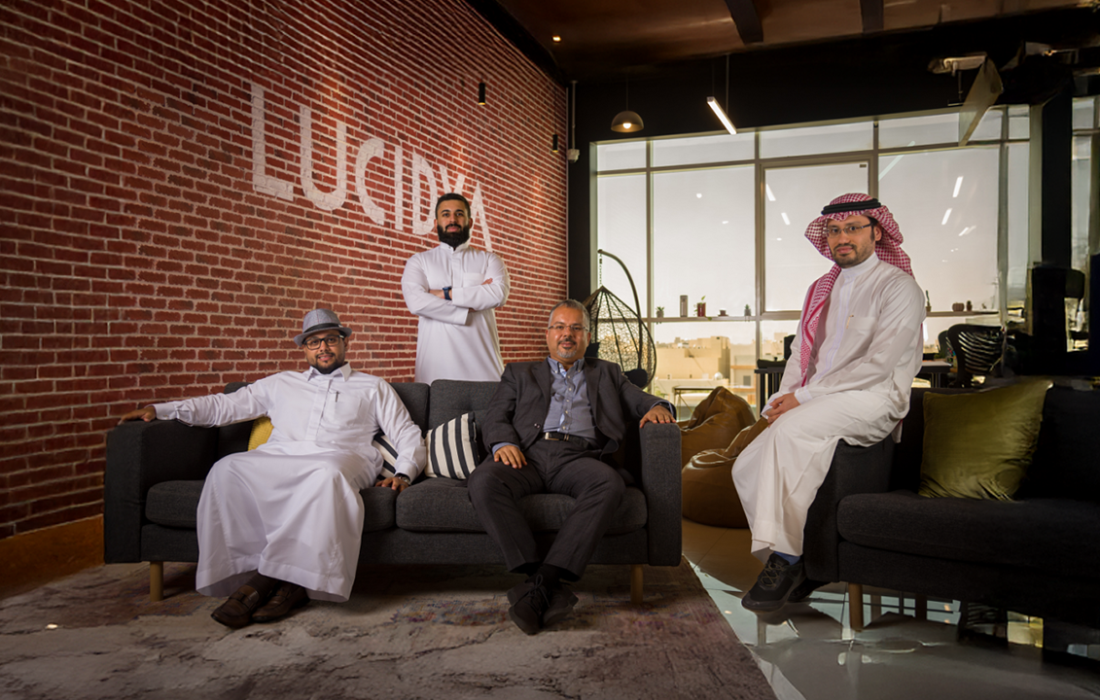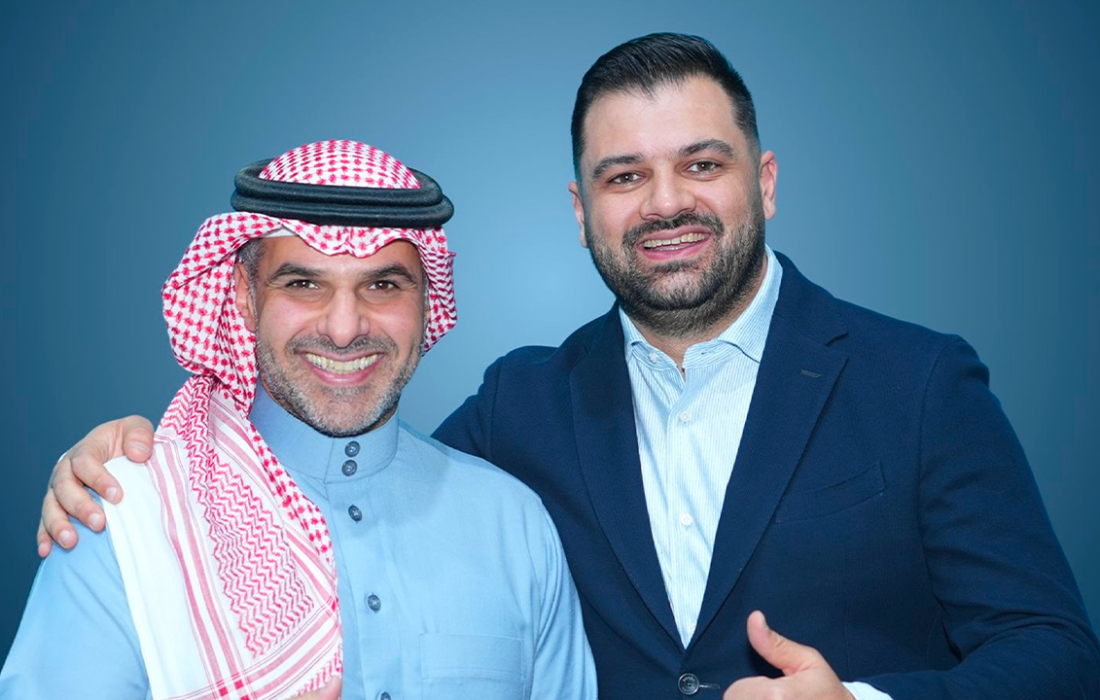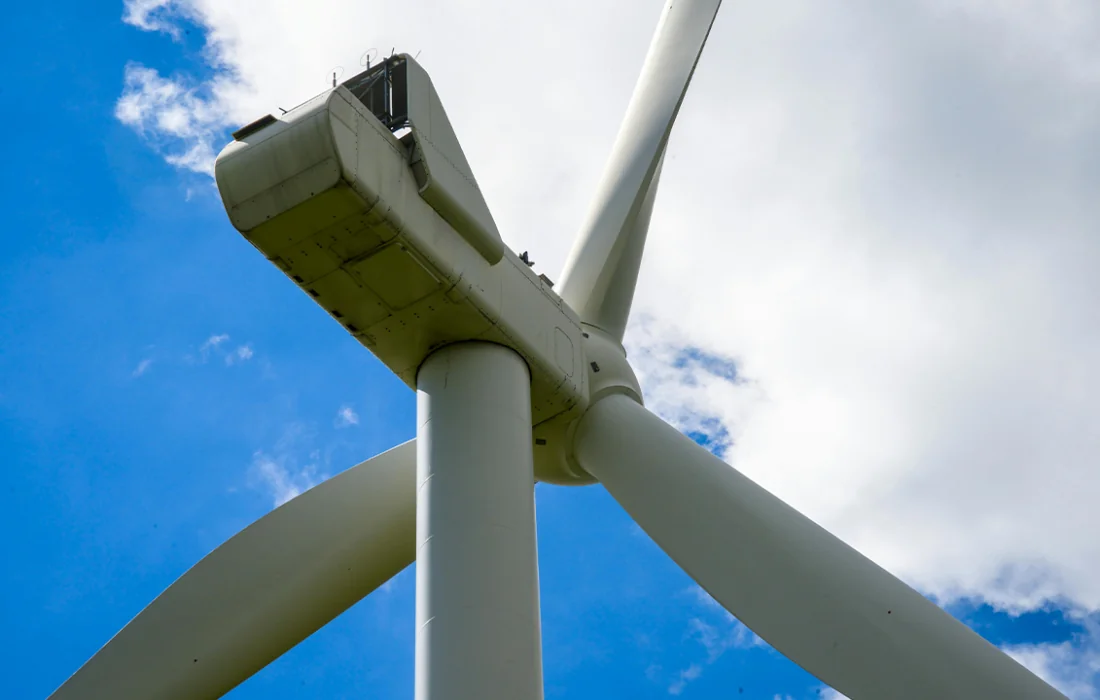- Spanish startup HaloTech raised USD 11.7M to scale its AI-powered workplace safety platform and accelerate global market expansion.
- The funding will support factory openings, product rollouts, and expansion across the US, LATAM, Middle East, and EMEA regions.
- HaloTech’s SaaS platform uses AI and IoT to prevent workplace accidents by monitoring environments and predicting risks in real time.
HaloTech
What happened? Spanish tech startup HaloTech raised USD 11.7 million (EUR 10M).
What is next? With the newly acquired funding, it aims to industrialize its HALO devices and expand the HaloTech AI platform. Most importantly, it aims to expand its presence in new markets such as the US, LATAM and the Middle East.
Furthermore, it seeks to open its own factories or joint ventures in Texas,São Paulo, and Castilla-La Mancha (Spain). Additionally, it aims to accelerate its commercial expansion in EMEA, LATAM, and the US. It also aims to scale the rollout of HaloTech AI while also developing its data and AI powered accident prevention capabilities
“This round validates our approach: saving lives through real-time data. It’s a decisive step towards the internationalisation of our technology and our SaaS model,” said HaloTech CEO and Founder Manu Marín.
Its planned upcoming technological releases include voice recognition for device assignment, and infrastructure governance (scaffolding, machinery). It will also include AI-powered productivity dashboards, and automated predictive analytics for occupational risk prevention.
Industrial Safety
Who are they? HaloTech is a tech startup specializing in industrial safety solutions powered by AI and IOT. Its mission is to save lives in the workplace.
It was founded in 2023 by Manu Marin and has developed its own platform, HaloTech AI. The platform enables real-time monitoring of environments, worker behavior, and potential risk using smart devices and predictive algorithms.
Operating in over 20 countries, HaloTech follows a SaaS 2.0 model (Safety as a Service). It works with industries such as mining, energy, construction, and waste management. This is to reduce accidents, improve regulatory compliance, and lower costs associated with workplace incidents.
If you see something out of place or would like to contribute to this story, check out our Ethics and Policy section.
